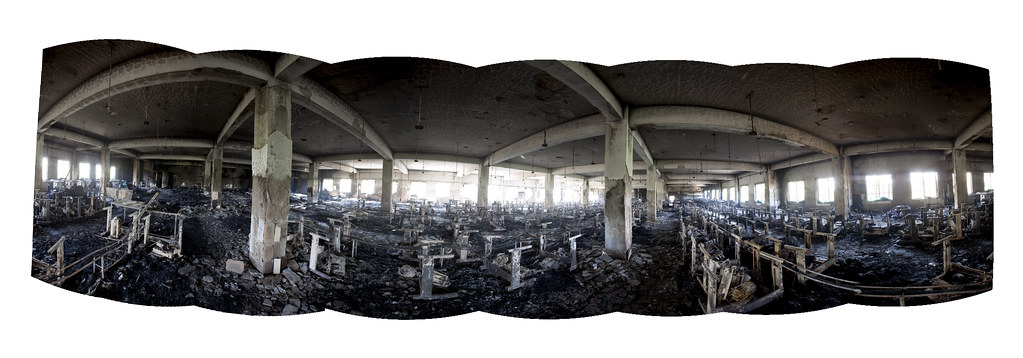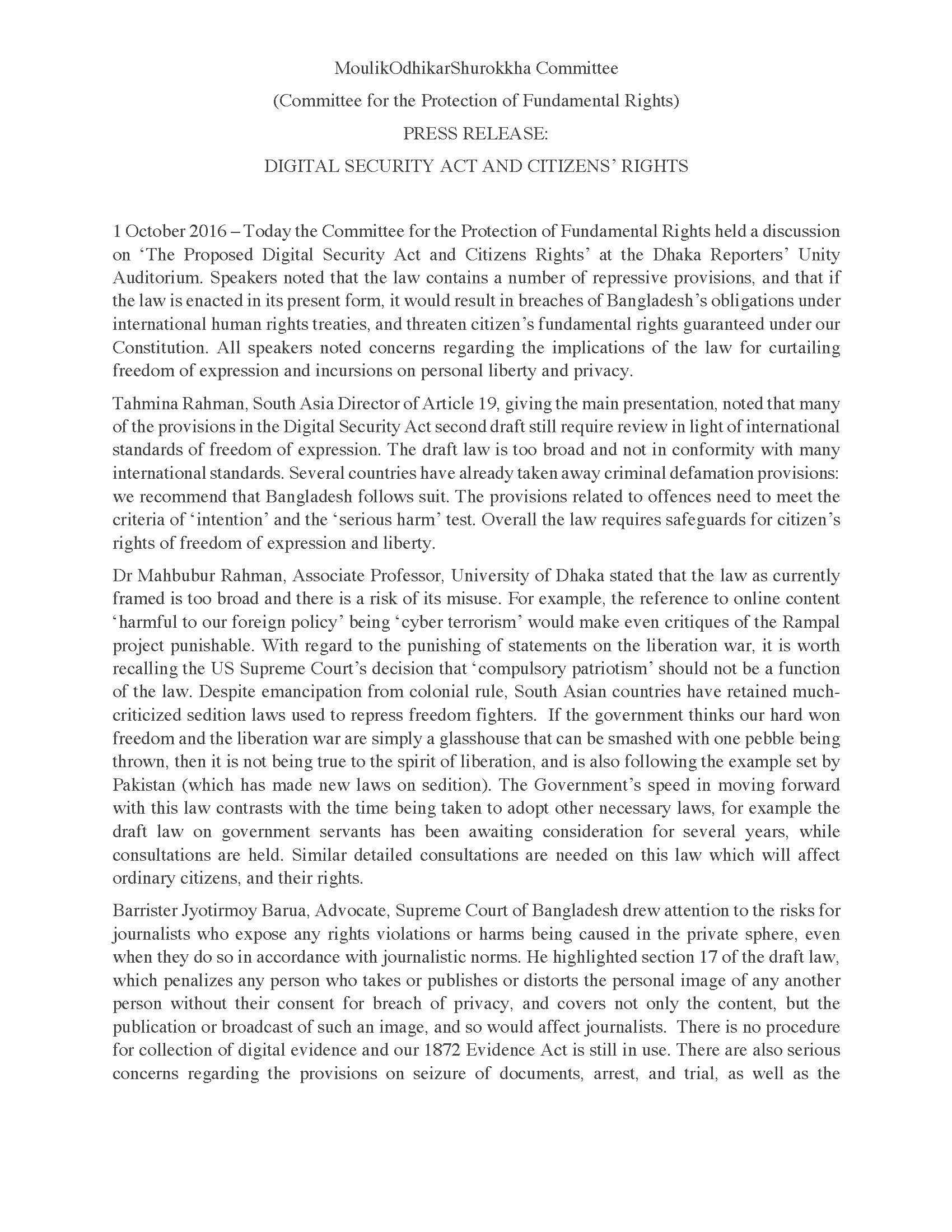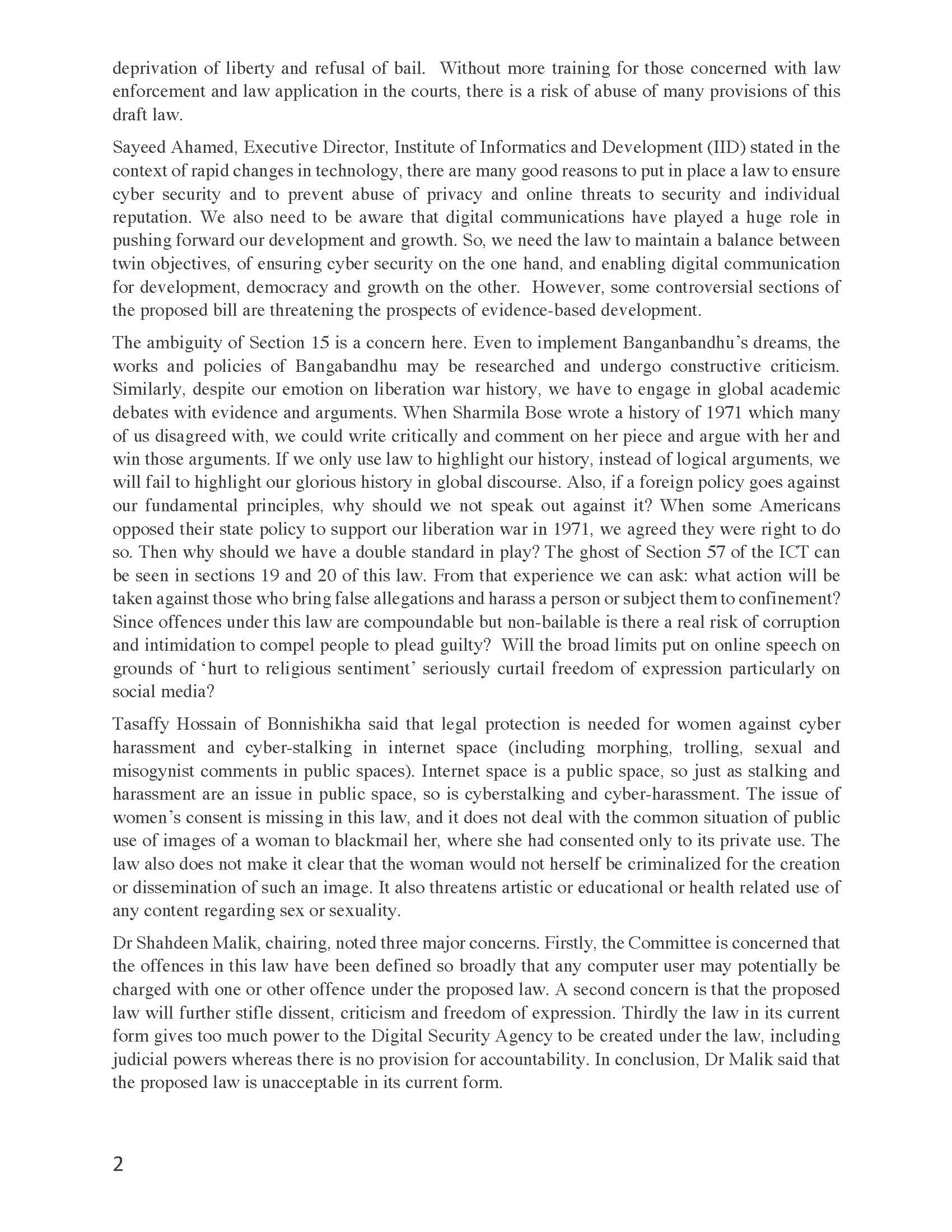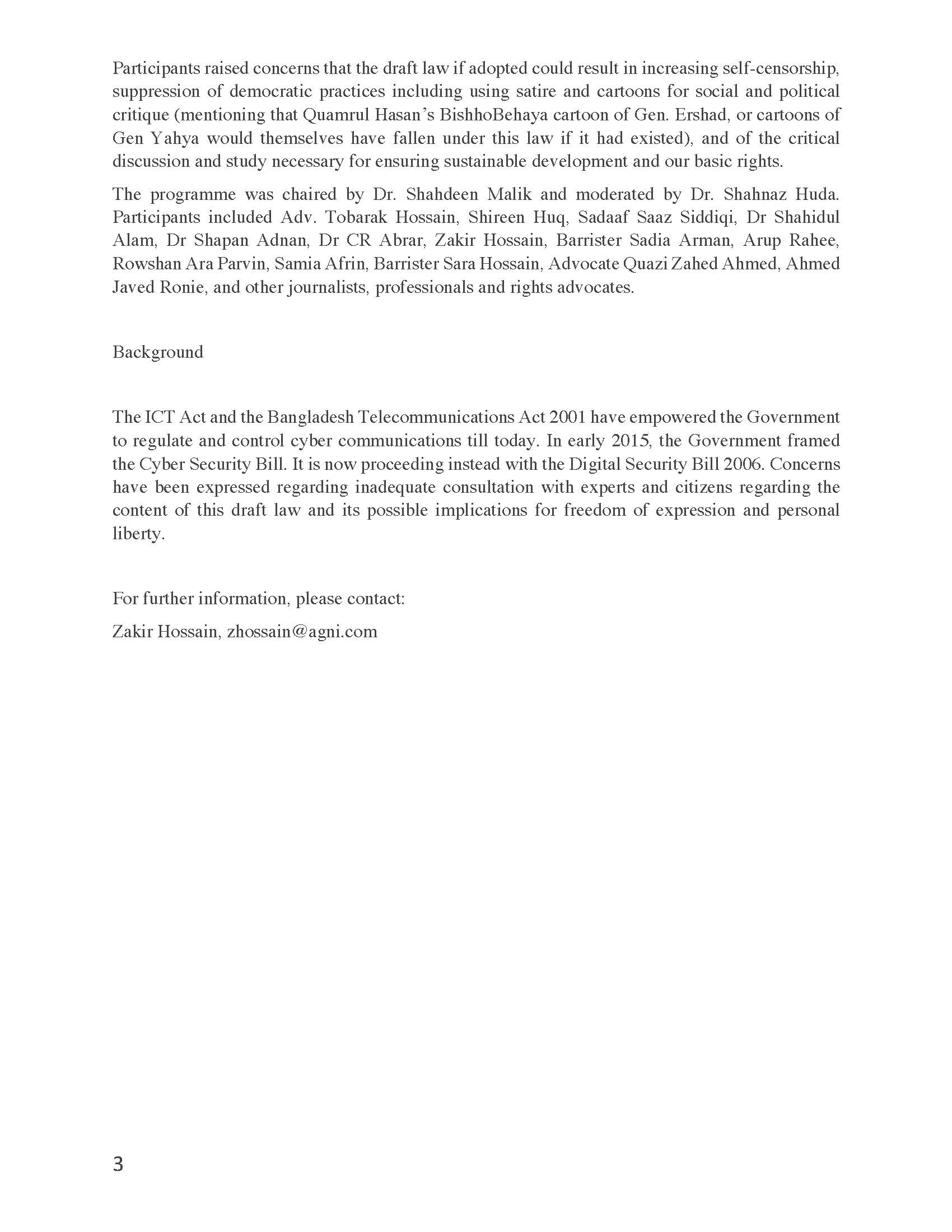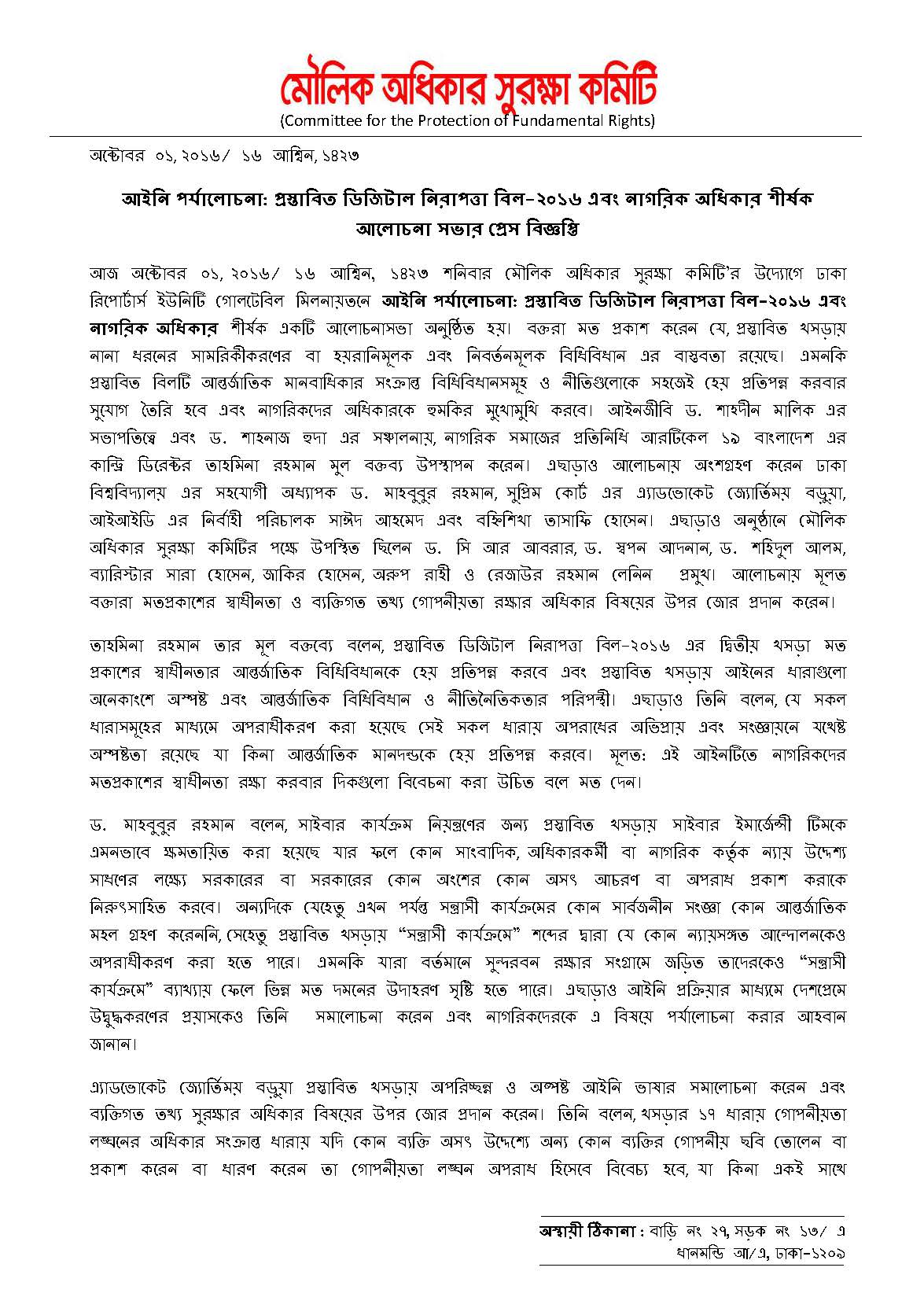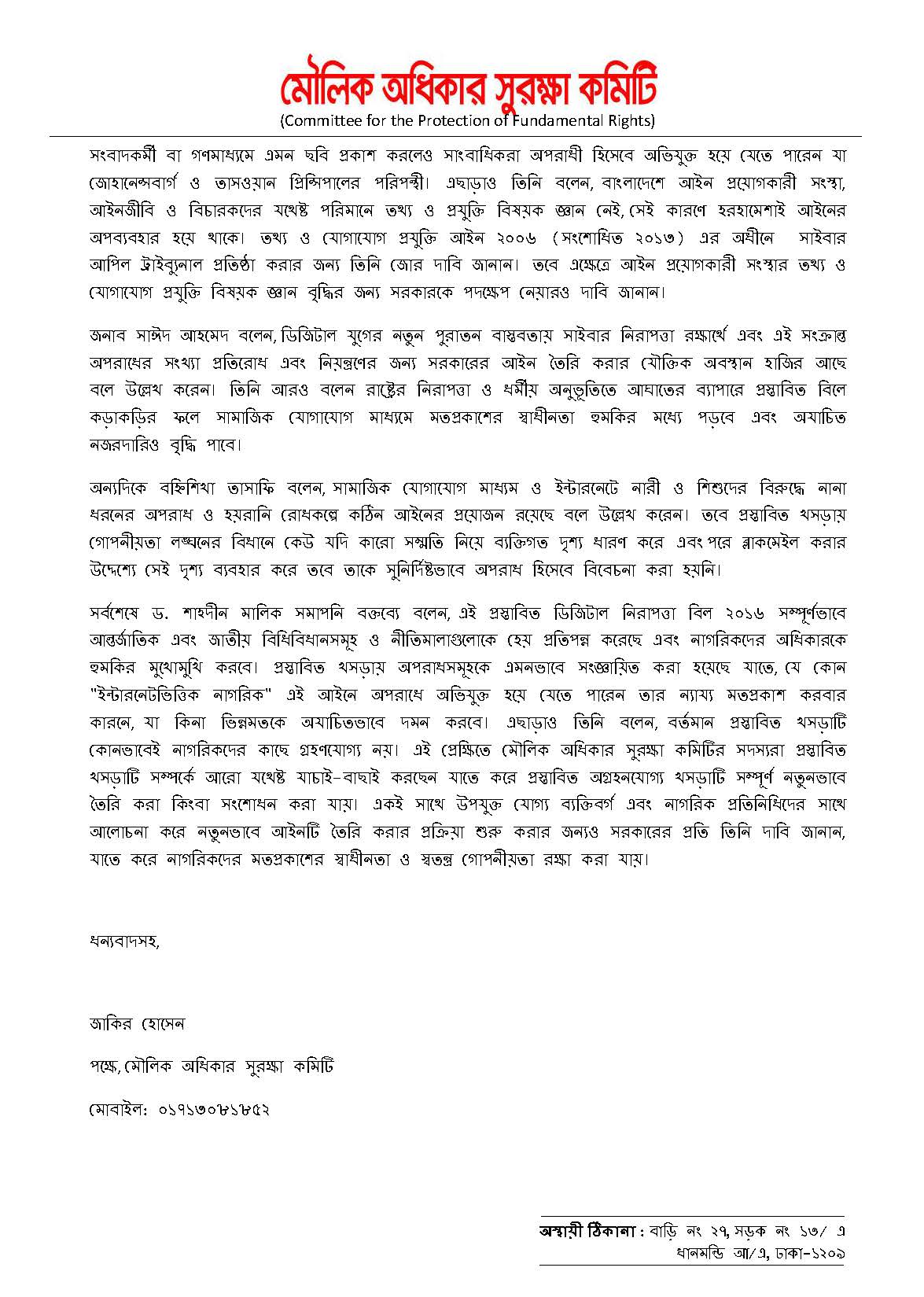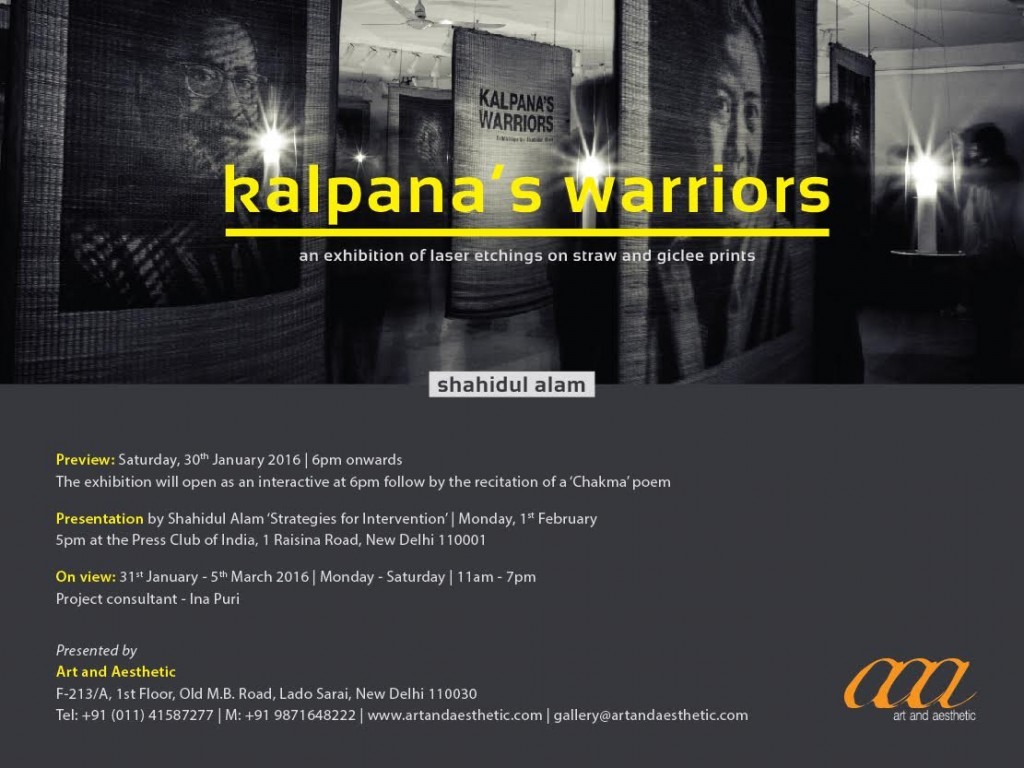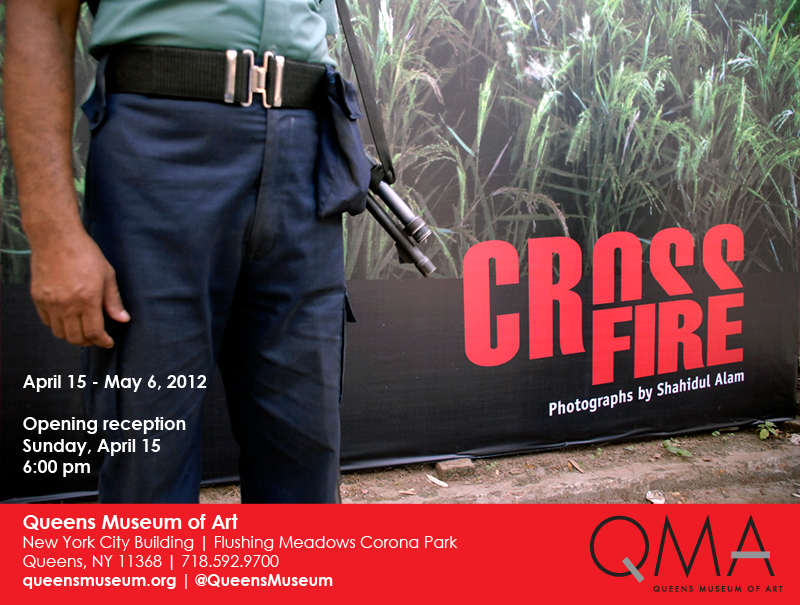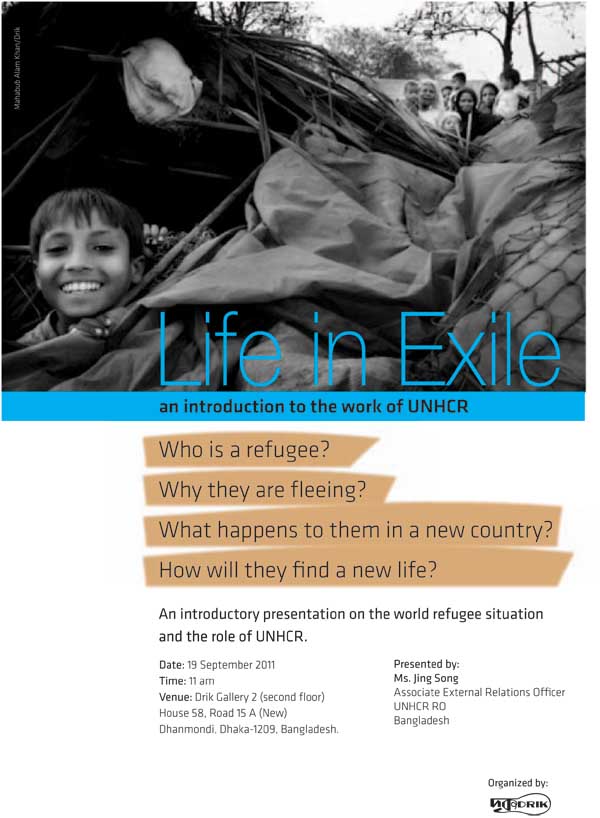Statement of South Asian Independent Citizens on India’s Citizenship Amendment Act
26 December 2019
We independent citizens of countries neighbouring India hereby register our reservations about the Citizenship Amendment Act adopted by India’s Parliament, which aims to provide Indian citizenship to non-Muslims from three select countries – Pakistan, Bangladesh and Afghanistan.
The Act is discriminatory at the first instance because it is targeted against Muslims beyond the stated intent of the law. It is unacceptable for a country with a secular Constitution to distinguish between foreign citizens on the basis of religion. Further, the Act has the potential of deepening geopolitical schisms among the countries of South Asia, which should be striving for peace and mutual understanding.
We are further concerned that the announced India-wide National Register of Citizens or an adapted exercise, planned as follow-up to the CAA, will make vulnerable tens of millions of people. As observers of India, we had not understood citizenship to be a major problem in the country when compared to many other pressing issues of social justice. We fear that such a programme will have deadly fallout, particularly for the 200 million Muslims living under the umbrella of a secular Constitution of India.
The signatories believe that India’s plans for growth and equity is being hurt by ill-advised attempts at social engineering, and this in turn will impact the larger South Asian region. A weakened, insular India would not be able to take a stand on urgent matters confronting humanity, such as nuclear weaponisation, the climate crisis, hi-tech surveillance and runaway pollution.
We question the logic of the Indian Government wanting to extend citizenship to Hindus, Jains, Christians and Sikhs when there are also larger numbers of Muslims of different sects in the three selected countries enduring sectarian strife. These include Ahmedia and Shia, particularly Hazara, of Pakistan and Ahmediya of Bangladesh. What of the thousands of Tamil refugees of Sri Lanka, and the Rohingya who are so vulnerable in Myanmar and as refugees in Bangladesh?
If the authorities in New Delhi were seeking the well-being of religious minorities in the three selected countries, it should have engaged in sustained diplomatic effort to ensure their protection. We believe that with its action the Government of India has made religious minorities in the three countries more vulnerable than they were earlier.
The most logical approach for India is to join the 1951 UN Convention on Refugees, and to be open to foreigners of any faith or persuasion who are in distress. To select non-citizens based on faith is in defiance of basic human values.
The rest of South Asia has long appreciated the spirit of inclusion and social justice that has marked modern India, a country that has stood for democracy, pluralism and freedom. We signatories of this statement are distressed by the decisive majoritarian turn in India, and the intolerance evident in the ongoing crackdown on peaceful dissent.
A democratic, pluralist India that promotes solidarity, co-existence and mutual respect among diverse ethnic, religious and cultural communities of citizens within its borders is vital for a peaceful and stable South Asia.
Signatories:
Arif Hasan, Karachi
Beena Sarwar, Karachi
Hameeda Hossain, Dhaka
I.A. Rehman, Lahore
Jayadeva Uyangoda, Colombo
Kanak Mani Dixit, Lalitpur
Mahesh Maskey, Kathmandu
Mubashir Hasan, Lahore
NayanTara Gurung Kakshapati, Lalitpur
Pervez Hoodbhoy, Islamabad
Pratyoush Onta, Lalitpur
Serajul Islam Choudhury, Dhaka
Shahidul Alam, Dhaka
Sumathy Sivamohan, Peradeniya
Since this statement came out. Several others have also wanted to be signatories. It will be too complicated to change the sequence every time a new name is added, so new names will be added in the order in which they are received. If you want your name to be added, please say so in the comments section and I’ll add it as soon as I can.
Sultana Kamal, Dhaka
Khushi Kabir, Dhaka
Mohammad Shahnewaz Khan, Chattagram
Tanzim Wahab, Dhaka
Bikas Rauniar, Kathmandu
Faruq Faisel, Dhaka
